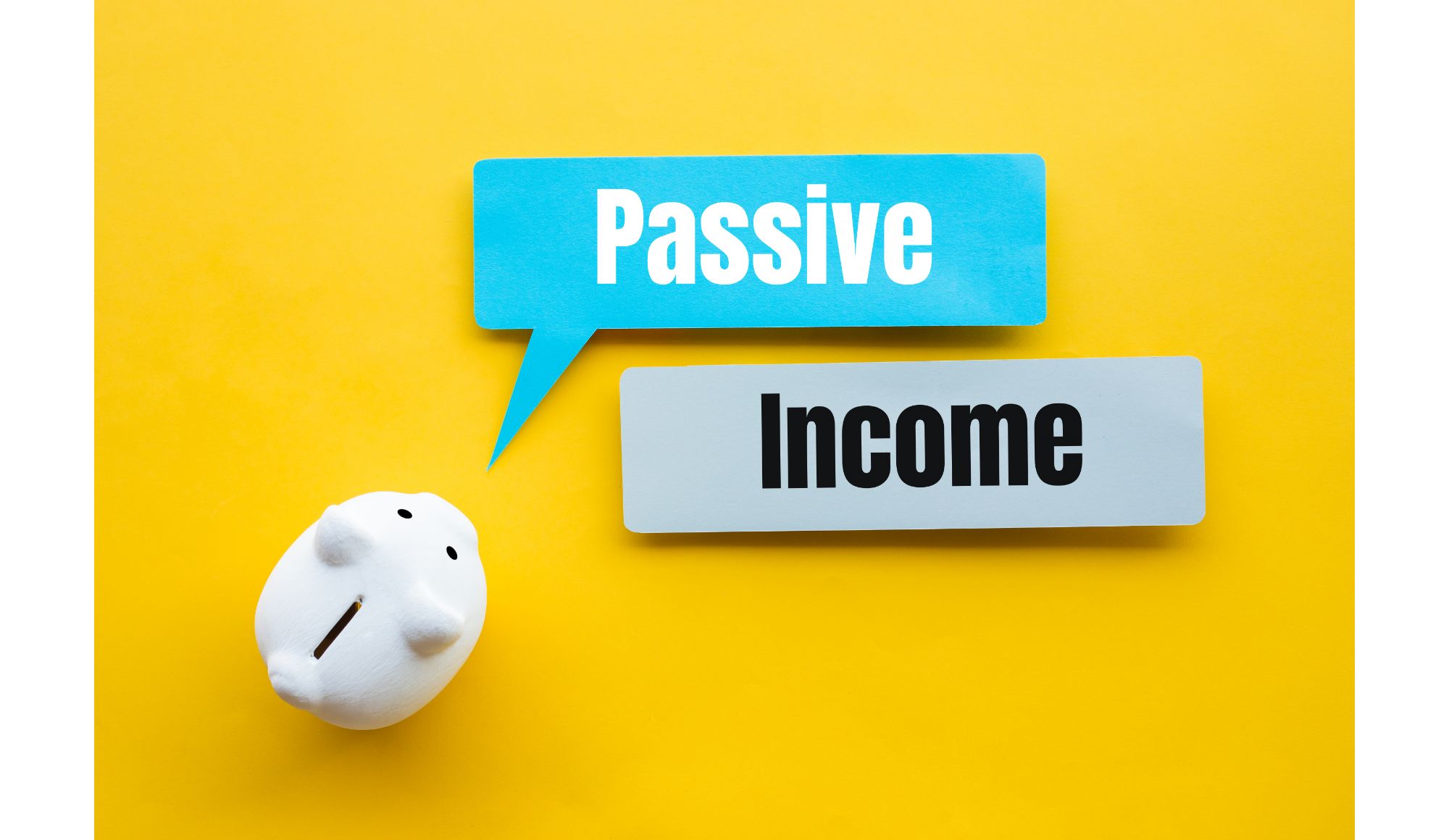3 Stocks Crushing The Market Offering Passive Income Forever
Some stocks can fortify your portfolio against a downturn — particularly reliable dividend stocks. These income-producing stocks offer a way to earn predictable yield when the major markets are struggling to gain much ground.
If your goal is to add top-notch dividend stocks to your holdings, there are a handful of great options. The following companies have an excellent track record of paying dividends with the potential to offer passive income for as long as you hold them: Sysco (SYY), Amcor (AMCR), and AbbVie (ABBV) and better yet, at the time of research, all three were beating the market this year by more than 20%.
Sysco (SYY)
This massive food distributor offers an attractive combination of income, growth, and safety. Sysco’s latest annual report shows strong financial performance. In FY22, annual sales grew by nearly 37%, hitting $68 billion. The company grew more than 1.3x more than the industry, exceeding Sysco’s year-long goal.
The company holds a notable market share; it supplies products to just under 50% of independent restaurants in the United States.
Sysco is one of those stocks that appeals to retirees. It has paid a yearly dividend since it first went public in 1970. After increasing its yield for the past 52 years, it’s also a Dividend King.
We see fair value sitting at $93.54 based on a valuation analysis of cash flows.
Amcor (AMCR)
Amcor is a global leader in developing and producing quality packaging solutions for beverages, food, pharmaceutical, and personal care products.
The company evolved following its acquisition of Bemis Company Inc. in 2019 and began trading on June 11. Like many companies, Amcor was hit by inflation this year — not to mention supply chain issues and unfavorable exchange rates. Although the company recently lowered its annual guidance, it expects between $1 billion and $1.1 billion in free cash flow.
Amcor’s dividend currently yields almost 4% annually. Amcor remains committed to delivering on its earnings growth and annual cash flow commitments while investing in high-growth markets.
From a valuation perspective, fair value sits close to $13 per share using a discounted cash flow forecast analysis. That’s also close to the analysts consensus of $12.13, so you’re buying this company for income more so than appreciation potential.
AbbVie (ABBV)
AbbVie is a biopharmaceutical company that is a spinoff of Abbott Laboratories. Thanks to this connection, AbbVie is credited with a 50-year dividend history.
While AbbVie has been independently paying its dividend for a short period compared to Abbott Labs, it has increased its payout annually. Over the past nine years, the company’s dividend yield has increased fourfold. As of this writing, the annual yield is 3.62%.
According to the company’s third-quarter 2022 results, it achieved worldwide net revenues of $14.8 billion. There is plenty to like about AbbVie, particularly its diversified portfolio, which includes drugs for immunology, hematologic oncology, neuroscience, and aesthetics.
How to Pick the Best Dividend Stocks
Many dividend stocks offer enticing dividends, so how do you choose among them? Although a high yield can be an attractive incentive, be aware of potential dividend traps — companies that cannot sustain their payouts as promised.
Although there is no one-size-fits-all strategy, there are a few factors to consider as a dividend investor. Look at the company’s long-term earnings history and profitability, growth expectations, cash flow generation, and debt-to-equity ratio. Sector trends are also crucial to consider — industry strength and a company’s market position are key.
With that in mind, the above three dividend stocks are solid choices. Your best option will depend on what makes sense for your portfolio. Year-to-date, shares of Sysco, Amcor, and AbbVie are all up, and over the past five years, those that invested in these companies have enjoyed steady gains — not to mention the passive income they have accumulated and relative performance compared to the market.



